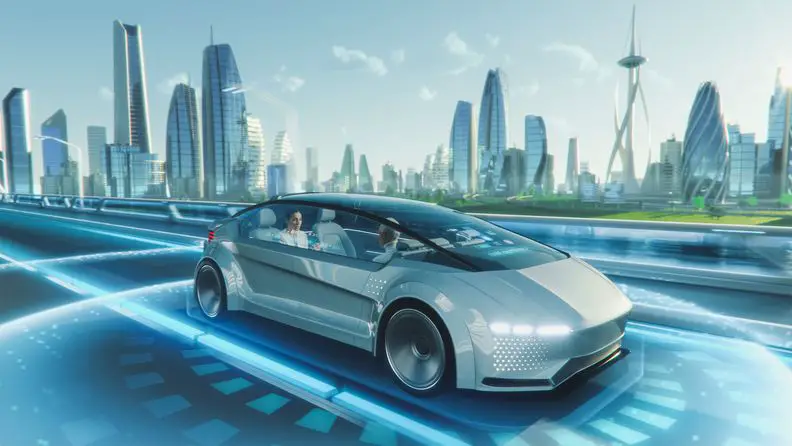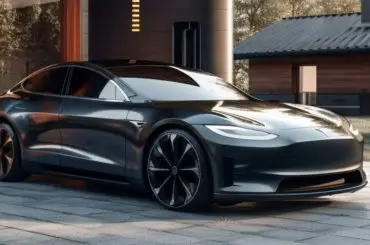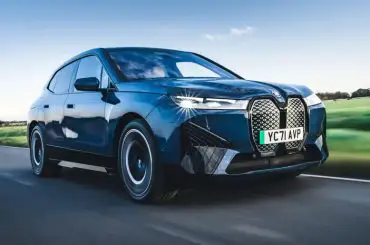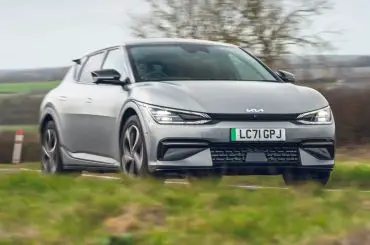Contents
The Impact of Electric Vehicles on the Automotive Industry | Introduction
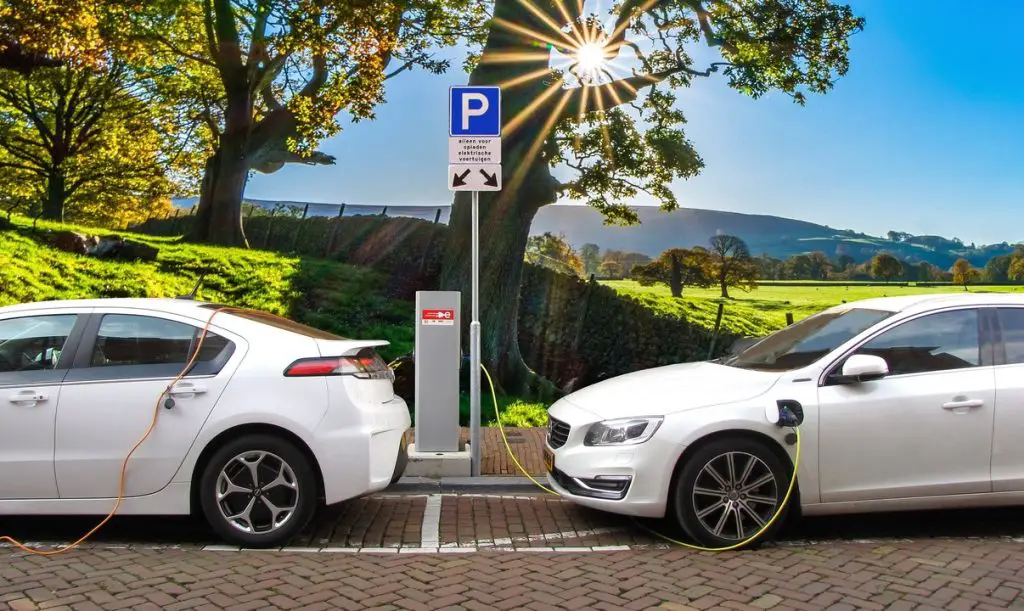
The automotive industry is undergoing a significant transformation, largely driven by the rise of electric vehicles (EVs). As the world embraces sustainable and eco-friendly alternatives, EVs have emerged as a game-changer, revolutionizing the way we think about transportation. With their numerous benefits and growing popularity, electric vehicles are reshaping the automotive industry in profound ways.
Environmental Advantages

One of the most significant impacts of electric vehicles is their positive effect on the environment. Unlike traditional internal combustion engine (ICE) vehicles, EVs produce zero tailpipe emissions, which means they do not release harmful pollutants into the atmosphere. By reducing greenhouse gas emissions and combating air pollution, EVs play a crucial role in mitigating climate change and improving overall air quality.
Technological Advancements
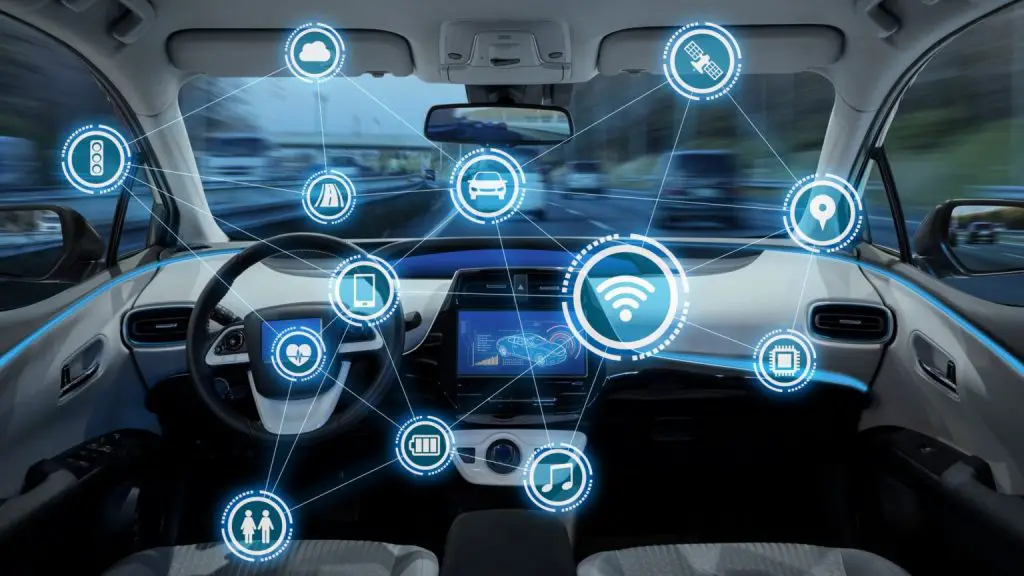
The introduction of electric vehicles has spurred rapid technological advancements in the automotive industry. EVs rely on advanced battery technology, electric motors, and power electronics, leading to innovations in energy storage and management systems. These advancements have not only enhanced the performance and efficiency of electric vehicles but also influenced the development of other automotive technologies, such as autonomous driving and vehicle connectivity.
Infrastructure Development
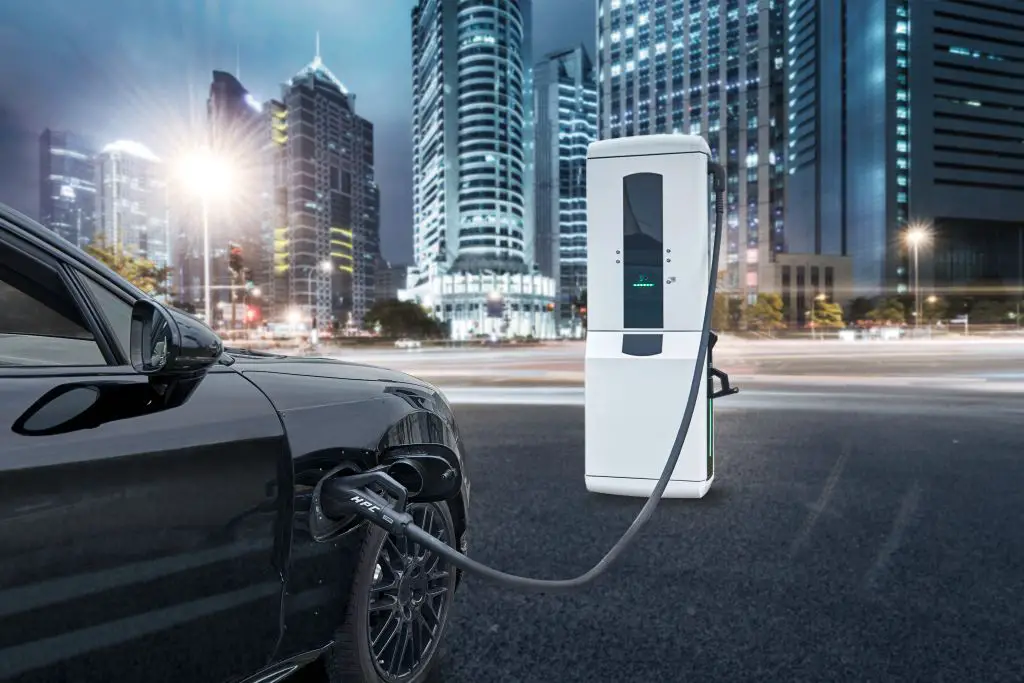
The rise of electric vehicles necessitates the development of charging infrastructure. To support the growing number of EVs on the road, governments, businesses, and individuals are investing in the installation of charging stations. This infrastructure expansion not only enables EV owners to charge their vehicles conveniently but also encourages more people to adopt electric vehicles by alleviating range anxiety concerns. The development of a robust charging network is crucial for the widespread adoption of EVs and is driving collaborations between automotive manufacturers and charging infrastructure providers.
Market Disruption and Competition
The emergence of electric vehicles has disrupted the traditional automotive market and spurred intense competition among manufacturers. Established automakers are transitioning their production lines to include electric vehicles, while new players are entering the market solely focused on EVs. This heightened competition has accelerated the pace of innovation, leading to improvements in EV affordability, range, and charging infrastructure. As a result, consumers now have a wider range of electric vehicle options to choose from, further boosting the adoption of EVs.
Job Creation and Economic Impact
The shift toward electric vehicles has significant implications for employment and the economy. While there may be some job losses in sectors related to traditional internal combustion engines, such as engine manufacturing and maintenance, the transition to EVs creates new opportunities in areas such as battery manufacturing, electric motor production, and charging infrastructure installation and maintenance. The growth of the electric vehicle industry also stimulates economic activity, as investments in research and development, manufacturing facilities, and associated industries contribute to local and national economies.
Energy Transition and Renewable Integration
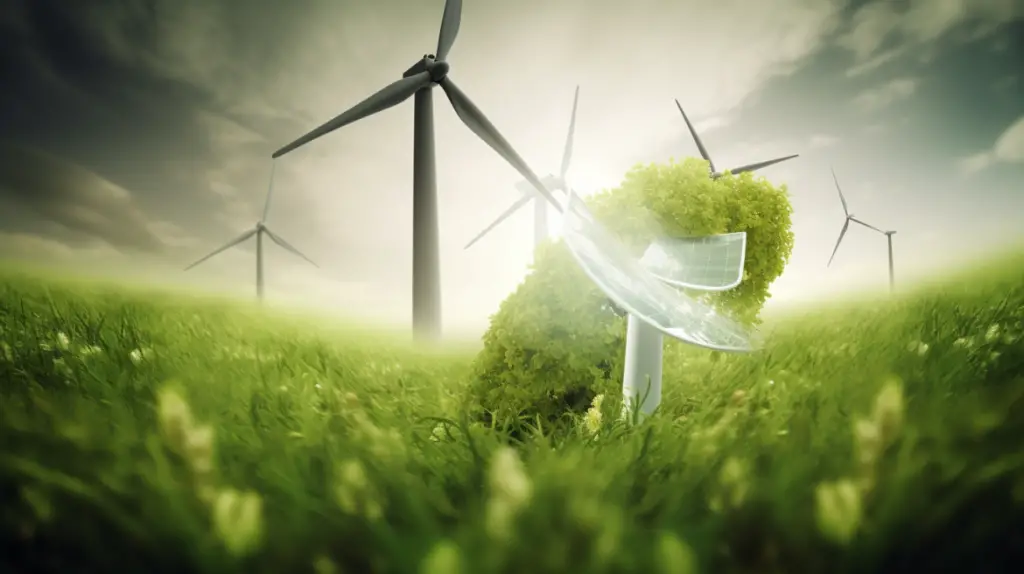
The adoption of electric vehicles presents an opportunity to accelerate the transition to renewable energy sources. EVs can act as mobile energy storage units, allowing for the integration of renewable energy, such as solar and wind, into the grid. Through vehicle-to-grid (V2G) technology, electric vehicles can feed excess energy back into the grid during peak demand periods, supporting grid stability and reducing the need for additional power generation infrastructure. This synergy between electric vehicles and renewable energy promotes a more sustainable and resilient energy system.
Government Policies and Incentives
Many governments worldwide are implementing policies and incentives to promote the adoption of electric vehicles. These measures include financial incentives such as tax credits, rebates, and subsidies for EV purchases, as well as regulatory initiatives like emissions standards and zero-emission vehicle mandates. Government support plays a crucial role in driving consumer demand for electric vehicles and encouraging automakers to invest in EV production, further accelerating the transition to sustainable transportation.
Supply Chain Transformation
The shift towards electric vehicles is causing a significant transformation in the automotive supply chain. As the demand for electric vehicles increases, manufacturers must secure a stable supply of key components such as batteries and electric drivetrain systems. This has led to collaborations and partnerships between automakers and battery manufacturers, as well as investments in battery production facilities. The evolving supply chain dynamics are reshaping industry relationships and fostering the growth of new players in the automotive ecosystem.
Vehicle Ownership Models
Electric vehicles have the potential to disrupt traditional vehicle ownership models. The concept of shared mobility, such as ride-hailing services and car-sharing platforms, aligns well with the electric vehicle revolution. Electric vehicles are particularly well-suited for these models due to their lower operational costs and reduced maintenance requirements. As a result, we are witnessing the emergence of electric vehicle-focused mobility services, contributing to a shift away from individual car ownership and promoting more sustainable transportation options.
Global Impact on Fossil Fuel Industry
The rising popularity of electric vehicles has implications for the global fossil fuel industry. As electric vehicles gain market share, the demand for traditional gasoline and diesel vehicles is likely to decline. This shift has the potential to reduce global oil consumption, impacting oil-producing countries and altering global energy geopolitics. The transition to electric vehicles could also influence energy markets, with increased focus on electricity generation from renewable sources to power EVs.
Second-Life Use of Batteries
Electric vehicle batteries have a lifespan in vehicles, but they can still have significant value after their use in transportation. Once retired from electric vehicles, batteries can be repurposed for energy storage applications. These “second-life” uses include stationary energy storage for homes, businesses, and even grid-scale applications. This extends the lifespan of batteries, reduces waste, and maximizes their value. The development of a circular economy around electric vehicle batteries presents additional opportunities for sustainability and cost-effectiveness.
Consumer Behavior and Attitudes
The introduction of electric vehicles has influenced consumer behavior and attitudes towards transportation. The environmental benefits, lower operating costs, and technological advancements have contributed to a positive perception of electric vehicles among consumers. As more people experience electric vehicles and witness their advantages, the social acceptance and desirability of EVs continue to grow. Consumer demand and preferences are driving automakers to prioritize electric vehicle production and invest in research and development.
As electric vehicles continue to evolve and gain momentum, their impact on the automotive industry will continue to expand. The transition to sustainable transportation is no longer a distant vision but a tangible reality. The automotive industry, driven by electric vehicles, is undergoing a remarkable transformation that will shape our future mobility and contribute to a greener and more sustainable world.

